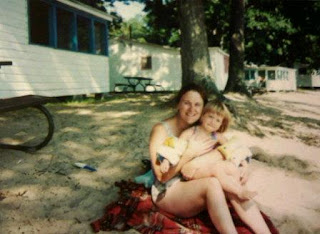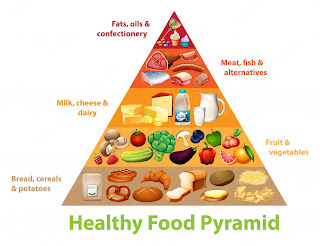So I probably won't get any argument if I say we're all pretty screen addicted. Adults bemoan kids always on their phones or playing video games but where did kids learn it from? Distracted parenting, and by this I mean being always connected online (shopping, social media, texting, scrolling) makes for some pretty disconnected parents and children. Here are 5 free activities to bust the screen addiction and reconnect families.
Fully engage. Wherever you go, you see people attached to their phone, even when they are supposed to be relaxing. You wonder how they could possibly be enjoying themselves. And social media is overflowing with photos of people supposedly doing things together. Are they more concerned with doing things as a family or being seen to do things as a family? I don't know about you but I can't multitask. When I'm with kids, it takes all my attention and then some. Social media doesn't need your undivided attention, your kids do. Next you go someplace with the kids be more concerned about enjoying the time rather than posting about it instead of the other way around.
Chat with children. I don't mean some artificially contrived cyber chat. I mean just talk with them and more importantly listen. Ask and answer questions. Discuss everything. I had a fabulous conversation with my second oldest grandson Moses who lives in Louisiana about everything from snakes to suitcases. He was amazed that we talked for almost an hour and a half. I said I could visit with him forever. I don't know how much he realizes how I treasure this time. And you should too. Your kids will not always have or make as much time for you. Celebrate it.
Explore. Wherever you go, observe and discuss what you see with your children. Instead of plunking some phone game in front of them when you go grocery shopping, take the opportunity to chat with them. Wonderful memories made.
Make memories. Speaking of which, it seems to be that parents are more concerned about telling others what they are doing rather than just doing it. Again, be so busy enjoying family time that you are too busy to update everyone on social media about it. Instead of the other way around.
Be in nature. Whether it's a park, the beach, a hiking trail, or just down the street, teach kids to observe and talk about what they see in nature. When I take my grandkids for a walk, I narrate what we are seeing. As they get older and more verbal, they start narrating, and questioning, and wondering. As Mister Rogers sang,
"Did you know that it's all right to wonder? Did you know when you wonder you're learning? Did you know when you marvel you're learning? About all kinds of marvelous, Marvelously wonderful things?"
Read together. There are just no words to describe the magical worlds you create and inhabit when you read to children.


